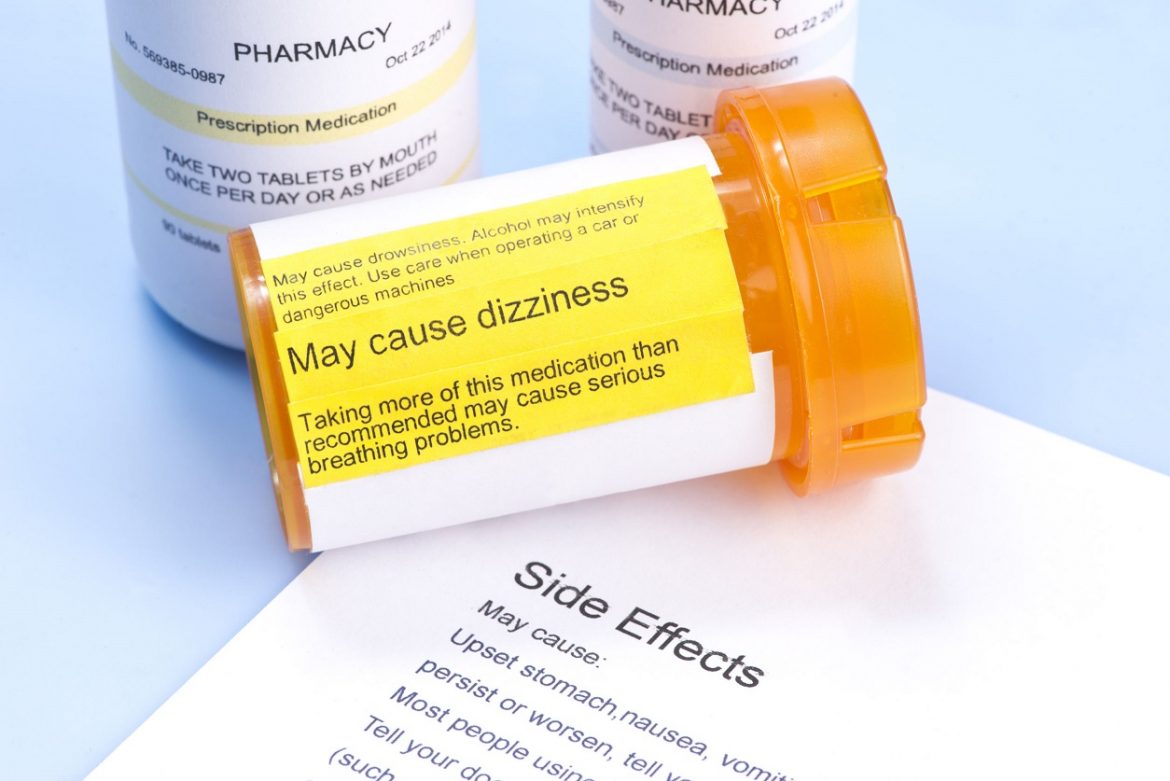Aboriginal and Torres Strait Islander Health Practitioners working in isolated practice areas in Queensland now have the authority to supply and administer scheduled medicines in accordance with amendments to the Health (Drugs and Poisons) Regulation 1996. These authorities apply to staff of both Hospital and Health Services and Aboriginal and Torres Strait Islander Community Controlled Health Services.
Second, the Queensland Department of Health is working with individual Hospital and Health Services to establish a new career pathway for Aboriginal and Torres Strait Islander Health Practitioners.
According to Queensland Health, Closing the Gap for Aboriginal and Torres Strait Islander communities is contingent on a responsive and culturally-capable health workforce. The Aboriginal and Torres Strait Islander Health Practitioner is a nationally registered practitioner, designed to provide clinically-focussed, culturally-safe, and geographically-accessible health services, with significant advantages for rural and remote communities.
Aboriginal and Torres Strait Islander Health Practitioners can collaborate with and complement the valuable contribution of other established health professions. With both Aboriginal and Torres Strait Islander health workers and Aboriginal and Torres Strait Islander Health Practitioners having access to a wide range of items under the Medicare Benefits Schedule (MBS), these roles may also contribute a substantial return on investment for service providers.
A clinical governance framework and resources to support the implementation of the Aboriginal and Torres Strait Islander Health Practitioner role and the safe use of medicines is available at www.health.qld.gov.au/aboriginal-torres-strait-islander-health-practitioner.

